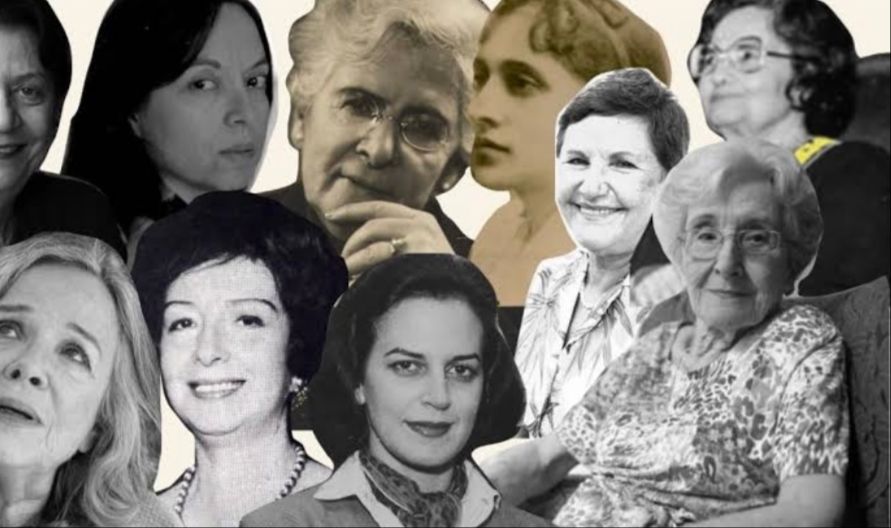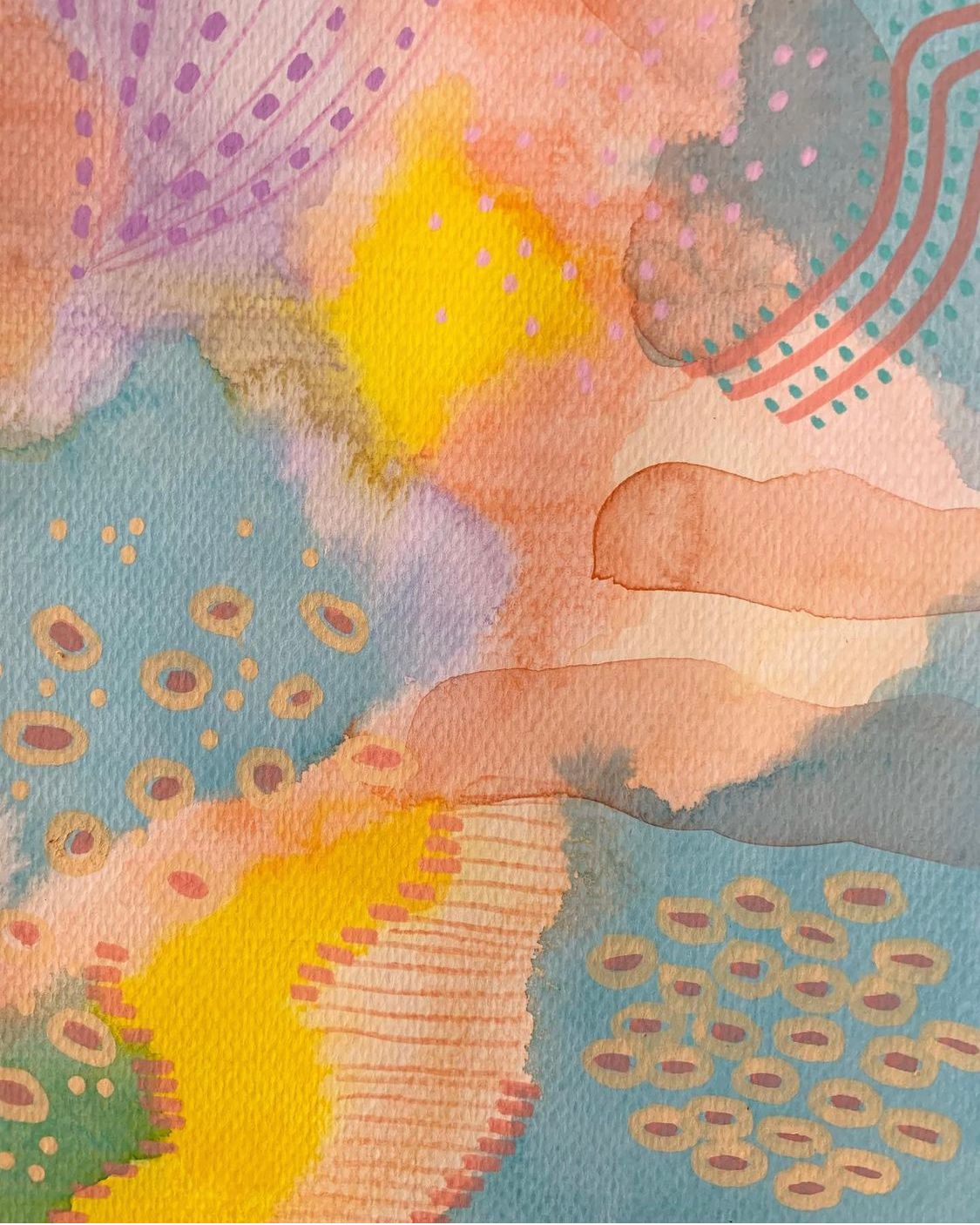Different people cross the crosswalk in front of the airport. Most of them with their cell phones in their hands, sending audios, making video calls. A woman crosses, with her bangs wrapped in a bob of hair, sends an audio, walks as if she were parading. In a few minutes, he crosses back hugging another woman. Couples pass by with small children. Further on, people wait at the bus stop. I, inside the car, with a book in my hands, oscillate between reading and watching passersby.
In this alternation, I think precisely of the writing of Deborah Levy, author of the book I have in my hands, The cost of living – second volume of his trilogy Living Autobiography. The British novelist, playwright and poet had already won me over in the first volume. When narrating the events of her own history, she does not do so in an exactly continuous and linear way, she presents different situations experienced by her, with reflections and comments, sometimes accompanied by quotations from writers' works. In addition, he highlights in his account apparently banal, everyday dialogues and events.
It is possible to clearly identify in his writing this beautiful ability that writers have to cast a keen eye at the most ordinary events and put them into words that elevate them to another status . To see what often goes unnoticed, to see the invisible, to see with what I call the "literary gaze". Levy states:
The charm of writing, as I understood it, was an invitation to penetrate the interval between the apparent reality of things, to see not only the tree but also the insects that live in its infrastructure, to discover that everything is connected in the ecology of language and life. (p. 37).
Reading literature takes the dust off your eyes. Literature is related to written language, but the "literary gaze" allows us, even if we are not writing, to enjoy what it can bring us. It adds dimensions to banalities, makes new layers in the fabric of life visible.

I particularly like to see life interspersed with phrases, quotes that I found in books, just like Deborah does in her text. In the same way that many imagine a soundtrack for different moments of their lives, I fantasize the voice of a narrator reciting quotes that I kept in my notebooks and that are somehow related to what I live and feel.
I have literature with me, even when I'm not reading. I summon her to life and so I can relate to time in another way. A time of waiting, like the one I spent in the car, becomes an opportunity to observe human life and the world and, who knows, to write. Thinking about it, I find it on the postcard that came with the Diary II of Virginia Woolf , highlighting the following passage:
Sunday, 22 January 1922
Why do I bother to be so detailed with the facts? I think that's how I perceive the passage of time: very soon there will be no more Towers Place; nor branches; Neither do I, who write. I feel time running like a movie in the cinema. I try to stop him. I poke him with my pen. I try to immobilize him where he is.
(The diaries of Virginia Woolf: Diary II 1919-1923, published by Nós).
When I look at my surroundings with a literary look to some extent I immobilize time, holding the instant-already in my hands, to see in detail what could perhaps pass as in the blink of an eye. I can save time with the pen, pencil or tlec-tlec on the keyboard. With this resource, I feel that it is possible to enjoy life in the opposite direction, that is, with one of the greatest luxuries today: doing things slowly.






